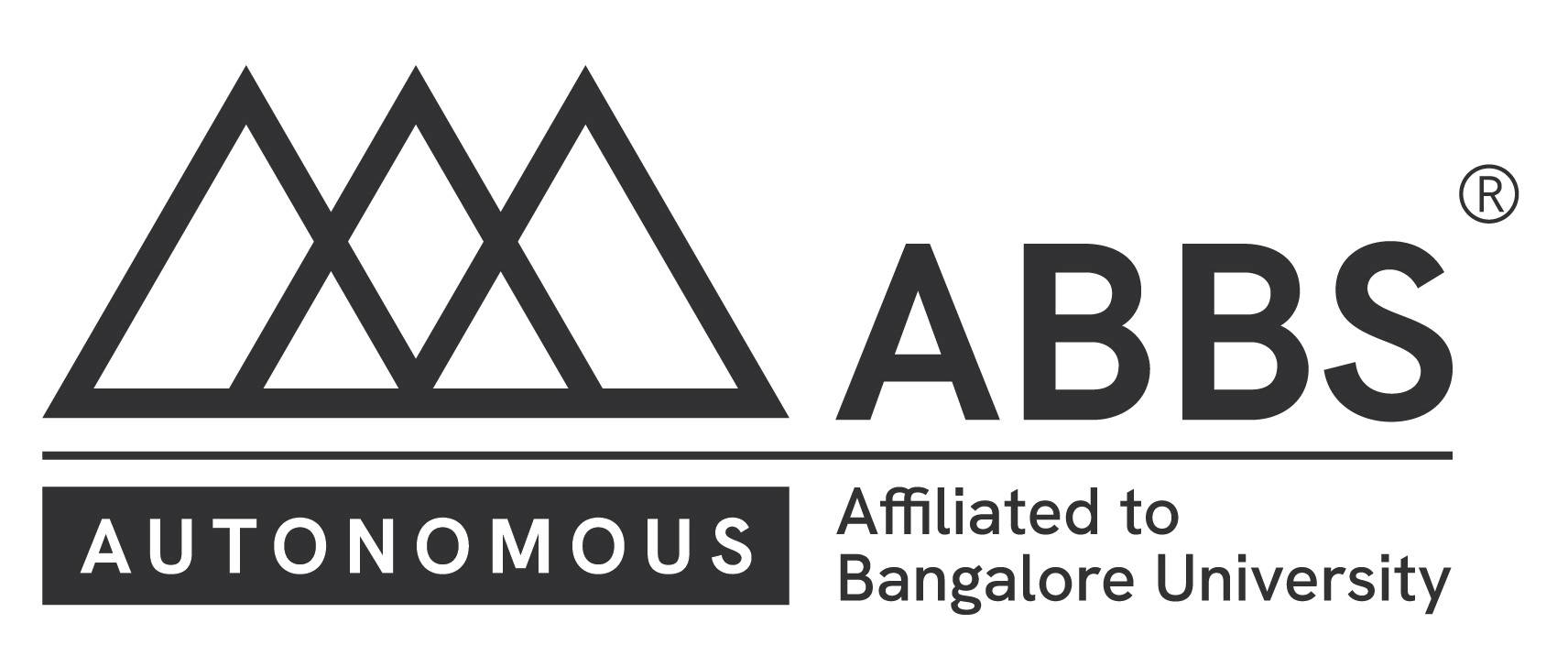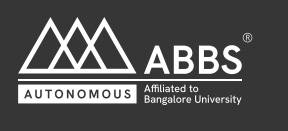Online learning is a self-learning mechanism which could be made possible with Archie (the first search engine to facilitate subject-wise content availability over the internet) for the first time in human history. It was since then that humans had found an alternative to the library and regular schools and colleges. Today, online learning has gone a step ahead with major Ed-tech companies creating tailor-made education opportunities for global students.
When arguing, if online learning can be the future of higher education, believers have a different opinion set compared to the sceptics.
Arguments in favour of online education
- Accessibility of online education is a gain for those students who cannot attend campus.
- Online learning increases the scope of digital literacy.
- The world has a chance to train the future generations for the technological revolution about to sweep the world in some more years.
- It can reduce the maintenance cost ultimately.
Arguments against online learning as the future of higher education
- Online learning segregates students, thereby preventing their overall growth as a community.
- Not every course can be attempted from home, significantly the scope of practical subjects’ decreases drastically.
- Profitability margins are not enough for educational institutions. There is a chance of faculty getting laid off.
- The definition of social interaction for our future generations could change completely.
However, given the pros of online learning has weighed heavily on the cons, the world is widely accepting online learning as the education system’s future.
What kind of incorporations can you expect to see in the years to come?
- Rise of mobile, project-centered & blended learning– Courses would be made mobile friendly soon. Additionally, by bringing in a project centered learning the decline in social interaction risk of online education is anticipated to be mainly minimized. In the flipped classroom technique, a form of blended learning, the students are encouraged to complete a maximum of their courses outside the classroom, thus facilitating meaningful interactions between mentors and mentees within the classroom.
- Restructured classrooms are expected to be seen thriving in the next five years- Smarter classrooms are being designed with increased accessibility to guest speakers, business partners, and other individuals from all across the world. It simply does not connect teachers and students alone. Thus there is a lot of restructuring and redesigning underway.
- Technology-wise rise of learning analytics and visualization software- Development of learning analytics can facilitate instructors and students equally to understand the various aspects of the gaps between learning & teaching.
- Adaptive learning technology can see a boom in the coming years- Adaptive technologies might be the solution to the flaw in the current online education system that is not encountered in the traditional education system.
To sum up, all we can say is that online learning for higher education can offer a lot of scope to those who cannot reach the renowned campuses. Currently, a little over six million students worldwide are getting trained online globally in different sectors. All we can say is there is no harm in exploring online learning in times of crisis, but the overall benefits may not outweigh the disadvantages.





